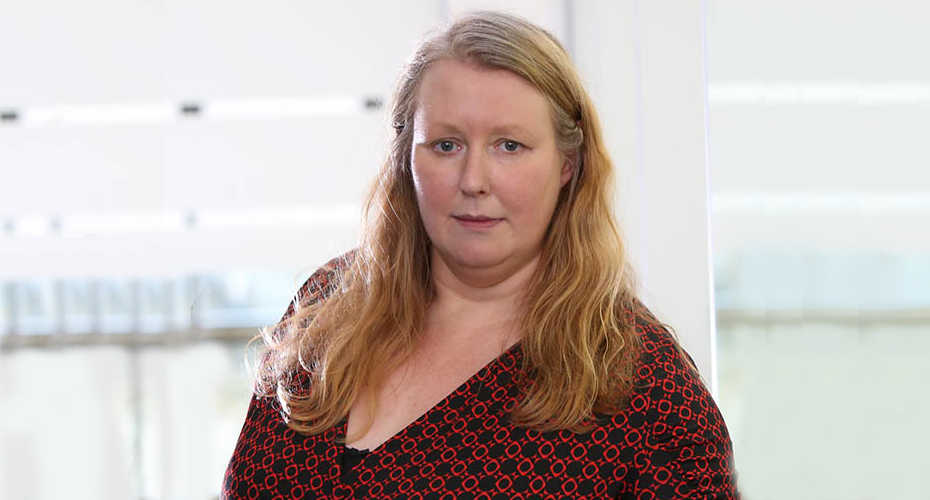Prof Michelle Norris says Housing Commission recommendation needs urgent consideration
Monday, 10 February, 2025
Share

A member of the commission tasked with guiding government housing policy has suggested that small approved housing bodies and local authority housing sections combine to assist address the undersupply of housing in the industry.
One of the Housing Commission's main proposals to increase the supply of affordable and social housing needs to be taken seriously immediately, according to Professor Michelle Norris, Director of the Geary Institute, who also oversaw the panel's discussions on social housing and the rental market.
The commission recommended last month that families consist of 20% social and affordable rental housing, which is more than twice the existing 9%.
Prof. Norris stated that the government recognises that a large portion of the workforce is low paid in tax policy, but the housing system also needs to reflect that.
- We have a large proportion of households who are going to be unable to buy their own homes.
During a Monday morning webinar hosted by Simon Communities of Ireland, Prof. Norris discussed the commission's proposals. She talked about how combining smaller approved housing bodies (AHBs) with council housing sections will result in more efficient models to promote supply.
Although there are over 500 AHBs in Ireland, the majority of them are small, volunteer-run businesses unable to provide more houses.
- There needs to be some consolidation of those organisations - Prof Norris told the Sunday Independent. - There are also huge limits on the capacity of councils to build enough houses. A lot of them are small and the context for delivering housing has become incredibly complex with building regulations and the planning system. It becomes difficult for these councils to run housing systems efficiently and hire experts. There are no economies of scale.
According to Prof Norris, the solution is to have local authority housing organisations, which are independent businesses, handle the delivery of council housing in the future. To establish these bodies, a number of local administrations could work together. They would be governed by councils with members serving on the boards, own the stock, and hire employees.
She concluded saying: - Lots of European countries have similar systems because it is very difficult to deliver housing in the local authority system.
The Housing Commission's recommendations, according to executive director of Simon Communities of Ireland Wayne Stanley, could provide political parties with a "really good blueprint" for their next election manifestos.
He was commenting following the Department of Housing's confirmation last week of yet another rise in the number of homeless people. These indicated a 14% rise in the number of individuals seeking emergency housing in the previous year. In May, there were 14,159 people residing in homeless shelters.
According to Mr. Stanley, to address homelessness, it is necessary to have a long-term plan that includes social housing delivery.
- The commission’s report is a long-term strategy. In the short-term the housing assistance payment needs to be increased to meet market rent. Long term that is not a solution, but it is needed short term because anything else puts the weight of the crisis on those who are least able to afford market rents.
(Source: Sunday Independent)